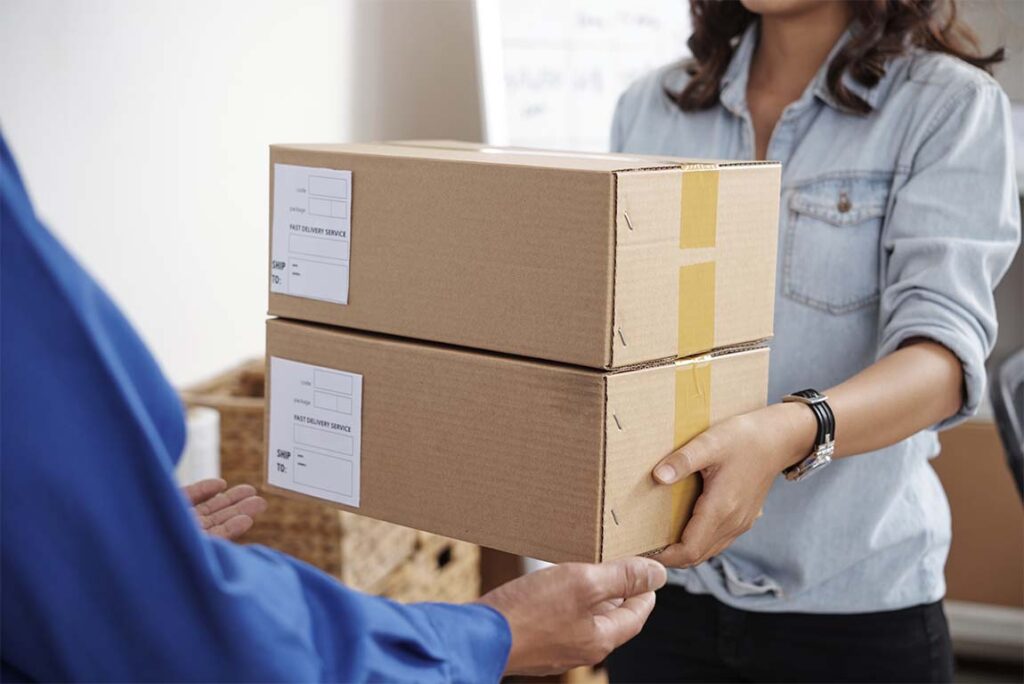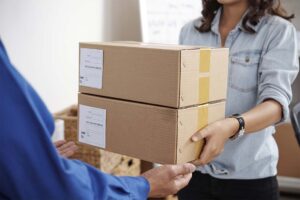In March 2020, when the realities of a COVID-19 pandemic were just beginning to sink in, people abandoned the daily lives of going to work, eating and playing outside the home. With this change, people stopped shopping in person and switched to shopping online to satisfy their needs and wants.
As a result, we saw an immediate increase in package delivery and logistics labeling. In its Second Quarter 2020 Report, FedEx reported that 100 million e-commerce packages would be shipped per day by 2023, however, in the wake of the pandemic, reaching this level three years faster than expected. In the same period, UPS said that while B2B shipments were down 8%, B2C shipments were up 33%. Finally, Amazon announced that they would increase the square footage of their fulfillment center by 50% in 2020!
Like these, there are many other examples of how massive the change in e-commerce was and the resulting logistics impacts around the world in the wake of a pandemic.
This increase in March 2020 added to a market that was growing faster than the economy as a whole. The impact throughout the packaging supply chain was felt immediately and continues to be felt today. Packaging boxes, label stock, labor and trucking logistics continue to reach breaking point globally.
Most commonly used for logistics labeling, thermal labels certainly fell under supply chain stresses, where companies like RSI have kept up with increased market growth and needs.
Sustainable solutions for logistics labeling
Through the rise of the pandemic, companies like UPM Raflatac RAFNXT maintained a focus on sustainability. continuing to develop their products to the best of their ability, given that they were working from home. Excited about the advances made in sustainable labeling, especially in products for electronic commerce.
As part of the UPM Raflatac RAFNXT label material offering that has been verified to reduce carbon footprint, they launched several products focused on e-commerce labeling needs. which is already seeing acceptance of these products by key logistics companies and has additional products in the near future to further advance sustainability in logistics labeling.
While people are now beginning to return to work and travel, many of the shifts that began or accelerated during the pandemic are expected to continue. People will go back to shopping in stores and eating in restaurants, but we don’t see packaging volumes ever returning to pre-pandemic levels.
Packaging solutions, including label materials, not only ensure the performance of your packaging and bring better functionality to your supply chain, but also help you reduce the impact your packaging has on the environment. In the world of logistics and e-commerce, taking a step forward in terms of sustainability is increasingly relevant for consumers and brand owners.
If you need more information about this solution or any other product, do not hesitate to contact us here .
Do not miss our following publications, stay up to date with the most relevant topics in the industry. We invite you to know the news of the company.




